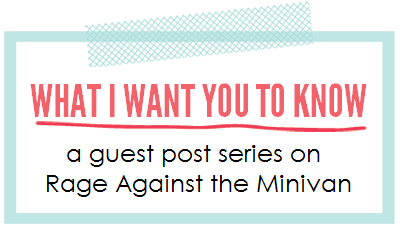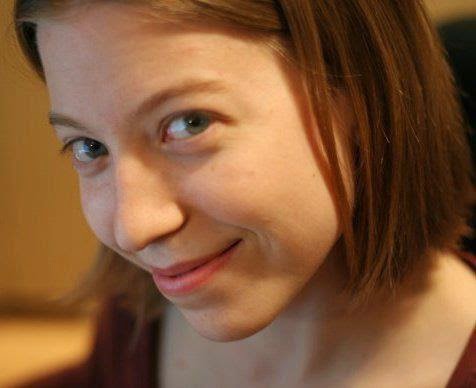I have known most of my life that I am not good at telling people apart. When I was in high school, I would tell people, “I’m great with names, but terrible at faces.” Even though I lived in a small town and went to a very small school, I dreaded the teacher asking me to return my classmates’ papers to them because sometimes I gave them to the wrong person. It’s embarrassing to be the one who can’t watch a movie without asking 15 times, “Who is that?”
I have developmental prosopagnosia, or faceblindness, a genetic disorder that affects facial recognition. Prosopagnosia affects about 2% of the population, but awareness is low. A couple of years ago, a friend was talking about someone she knew who had a brain injury that resulted in her not being able to recognize people. She used the phrase “facial recognition skills” in passing. I filed that phrase away thinking, “recognizing faces is a skill; maybe other people have problems with it.”
It was several weeks later that it popped into my head again and I googled it. This is when I first started learning about faceblindness. I was so excited to have more understanding of my experience. For my whole life I thought that there was something lacking in my social skills–that I wasn’t paying enough attention to other people or that I didn’t care enough. Now I know that it’s not a failure as a friend when I don’t know who someone is right away, but a neurological disorder.
I rely heavily on context, hair, body type, voice, and other clues to figure out who people are. I am generally friendly to everyone, but rarely call people by name for fear that I’ll get it wrong. I have had conversations with people who know me (and presumably I know) that I never figured out who they were. I fear that I accidentally snub people simply because I don’t realize they are someone I know.
When I started telling people about this, they would always respond with, “But you recognize me, right?” I wish I could always answer yes. Some people are easier for me to recognize than others, usually because they have something distinctive about them (hair color/shape, a scar, body shape, voice). When people are in the right context (church friends at church, neighbors in the neighborhood), it’s easier, but if I see someone in a restaurant or without their kids/spouse or at the grocery store, it may take me a few seconds or more to figure out who they are.
Crowds are overwhelming experiences. If I’m looking for someone (like my husband or daughters), I think about what they are wearing and then scan for that color until I find them. If possible, I wait for people to find me. I love events where people wear name tags.
This is a hugely frustrating disorder. It is hard to understand, easy to dismiss or mock. I don’t mind people laughing with me when I make crazy mistakes. Just please don’t be upset with me if I don’t immediately realize who you are.


